| Weekly Moth Trap Data | ||
| Date: 8/12 | ||
| Location | Bollworm | Tobacco Budworm |
| Hardeman (Bolivar) | 2 | 1 |
| Fayette (Whiteville) | 3 | 0 |
| Fayette (Somerville) | 0 | 0 |
| Shelby (Millington) | 13 | 16 |
| Tipton (Covington) | 0 | 0 |
| Tipton (North) | 0 | 0 |
| Lauderdale (Goldust) | 53 | 14 |
| Haywood (West) | 3 | 0 |
| Haywood (Brownsville) | 1 | 0 |
| Madison (WTREC) | 23 | 0 |
| Madison (North) | 1 | 2 |
| Crockett (Alamo) | 0 | 1 |
| Crockett (Maury City) | 1 | 0 |
| Dyer (Kings Rd) | 13 | 3 |
| Dyer (Newbern) | 1 | 4 |
| Lake (Ridgely) | 3 | 35 |
| Gibson (Kenton) | 11 | 2 |
| Gibson (Milan REC) | 3 | 1 |
| Carroll (Atwood) | 29 | 3 |
Category Archives: Cotton
Grain Bin Safety Awareness/Rescue Training Aug 20, 2022 in Dyersburg
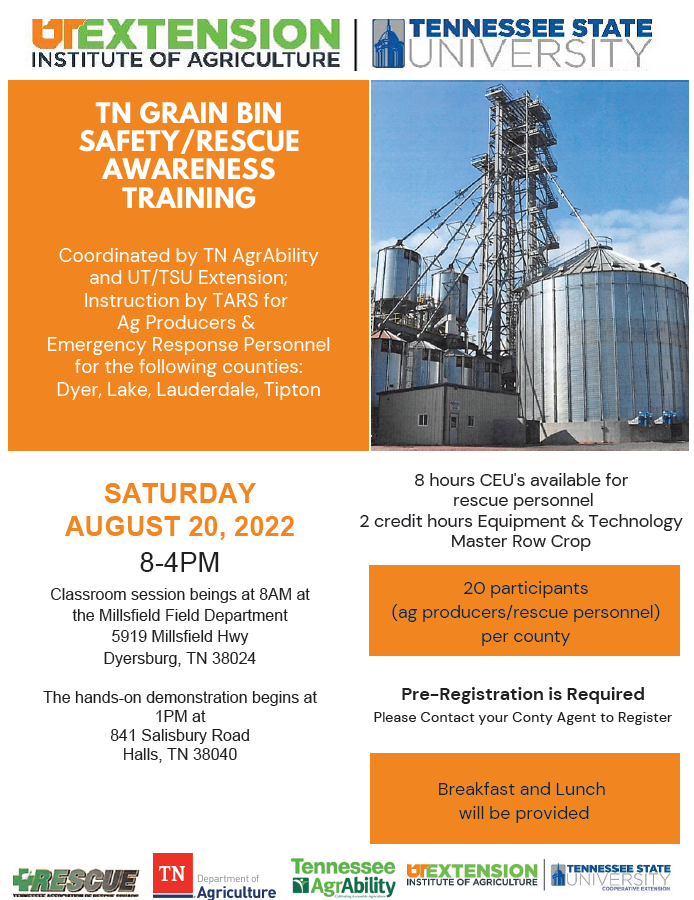 More and more farmers are looking to use on-farm grain storage to have the ability to produce more corn and take advantage of grain market price variations. While on-farm storage offers the farmer flexibility in the harvest process, there is a need for grain bin safety training to help farmers and rescue squad members learn how they can knowledgeably respond to a potential accident.
More and more farmers are looking to use on-farm grain storage to have the ability to produce more corn and take advantage of grain market price variations. While on-farm storage offers the farmer flexibility in the harvest process, there is a need for grain bin safety training to help farmers and rescue squad members learn how they can knowledgeably respond to a potential accident.
The one-day training program is specifically designed for emergency responders who may be called to a person or persons trapped in a grain bin. Upon completion of this course, the responder will possess the specialized knowledge to function as a member of a grain rescue team. Local farmers and extension agents are encouraged to attend to learn how they can assist in the event of a grain bin emergency. Continue reading
EPA Requests Comments on Organophosphate Cancellation Petition
The EPA is soliciting public comment on a petition from several organizations to cancel remaining organophosphate (OP’s) insecticide registrations. OP’s are widely utilized in Tennessee row crop agriculture and are critical components of IPM programs. Cancelling an important crop protection product would place increased pressure on a limited number of control options available to producers. We are encouraging agricultural professionals to comment to the EPA on the impacts OP’s have on your production systems. If you need assistance with comments please contact your UT extension specialist. The link to comment is below. Deadline for comments is August 11, 2022.
Organophosphate registrations Regulations.gov
EPA–HQ–OPP–2022–0490
Bollworm/Budworm Moth Trap Catches (8/5)
| Weekly Moth Trap Data | ||
| Date: 8/5 | ||
| Location | Bollworm | Tobacco Budworm |
| Hardeman (Bolivar) | 1 | 1 |
| Fayette (Whiteville) | 10 | 0 |
| Fayette (Somerville) | 1 | 0 |
| Shelby (Millington) | 12 | 15 |
| Tipton (Covington) | 2 | 0 |
| Tipton (North) | 1 | 0 |
| Lauderdale (Goldust) | 40 | 20 |
| Haywood (West) | 6 | 0 |
| Haywood (Brownsville) | 0 | 0 |
| Madison (WTREC) | 50 | 2 |
| Madison (North) | 3 | 1 |
| Crockett (Alamo) | 0 | 0 |
| Crockett (Maury City) | 6 | 10 |
| Dyer (Kings Rd) | 35 | 1 |
| Dyer (Newbern) | 2 | 0 |
| Lake (Ridgely) | 19 | 15 |
| Gibson (Kenton) | 30 | 1 |
| Gibson (Milan REC) | 0 | 1 |
| Carroll (Atwood) | 23 | 2 |
The ‘shed’, the ‘switch’, and PGR management
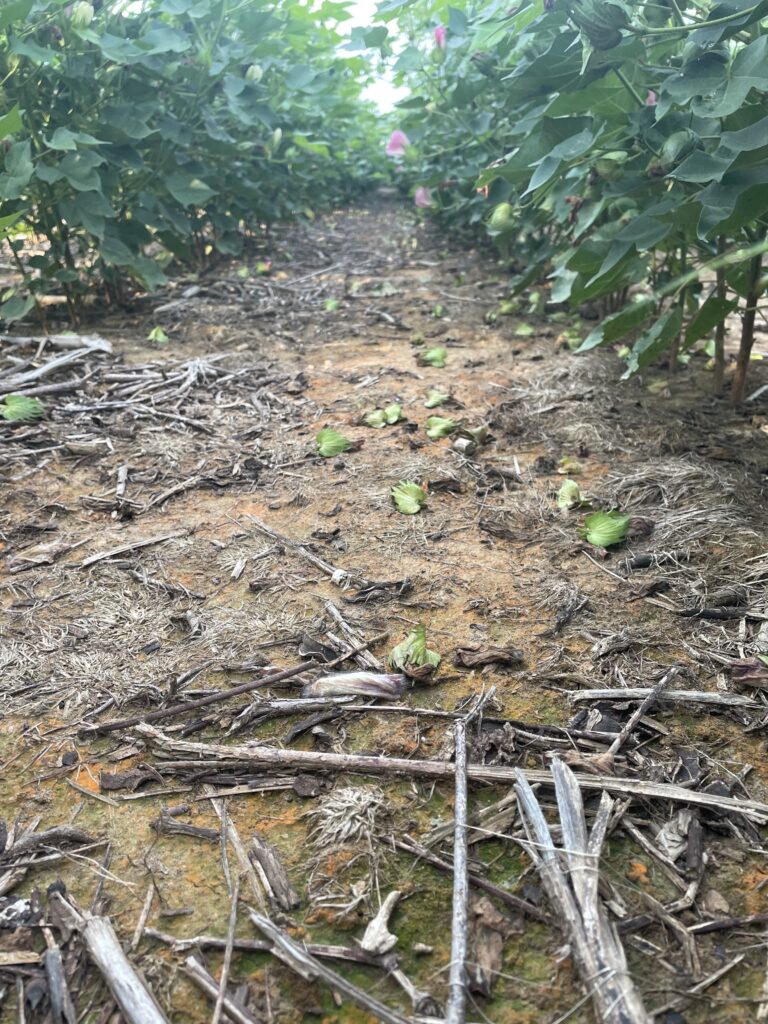 Rainfall was welcomed during the Milan No-till event last week and has continued since, with decent chances in the forecast over the weeks to come. Questions this week have mainly concerned our first major fruit shed event, the ‘switch’, what to do about it. In this blog, I attempt to tackle plant growth management decisions as we quickly approach our last effective bloom date.
Rainfall was welcomed during the Milan No-till event last week and has continued since, with decent chances in the forecast over the weeks to come. Questions this week have mainly concerned our first major fruit shed event, the ‘switch’, what to do about it. In this blog, I attempt to tackle plant growth management decisions as we quickly approach our last effective bloom date.
New Data on Controlling XtendFlex Volunteer Soybean in XtendFlex Cotton
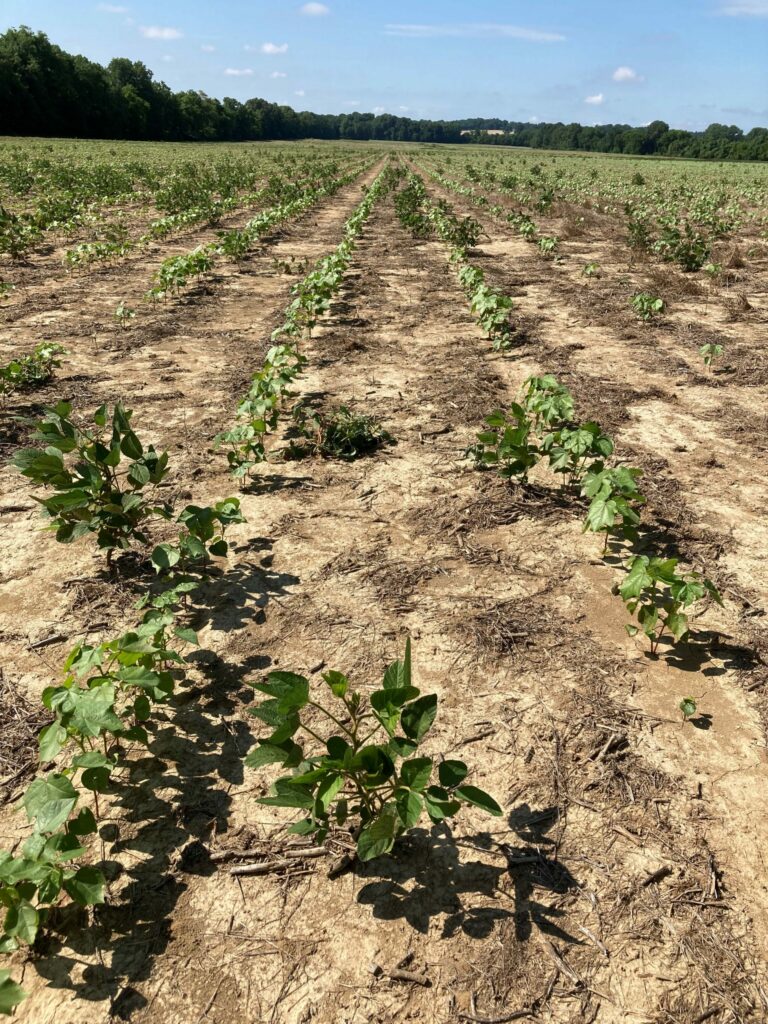
What are some options to control volunteer XtendFlex soybeans in XtendFlex cotton fields? As mentioned in an earlier blog both Envoke and Staple look to be potential answers to this new issue but without data it was difficult to say. It was brought to my attention that Dr. Alan York, emeritus Professor at North Carolina State University, actually has some data on this problem. A study was conducted in North Carolina and Georgia in 2000 and 2001 with the objective of examining if Envoke, Staple or MSMA could control Roundup Ready volunteer soybean in Roundup Ready cotton. Continue reading
Bollworm Control in Cotton
As of this week, bollworm trap catches across West TN are beginning to increase and moths are making their way into many cotton fields.
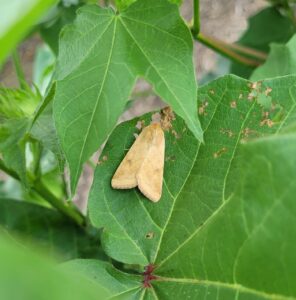
UT’s threshold for dual gene cottons (Bollgard 2) is 20% of plants have eggs present. That is 2 plants out of 10 have at least one egg present. Bollworm resistance to Cry proteins is increasing across much of the Midsouth and the egg threshold doesn’t give dual gene cottons an opportunity to fail. Insecticide timing at this stage is more critical than rate. A 1.4 fl oz/a rate of Vantacor (equivalent to 16.0 fl oz/a Prevathon) or 8.0 fl oz/a rate of Besiege sprayed on egg lay will work as well as higher rates of the same products. However, if live worms (2-3 day old and older) are present in the plant canopy or have bored into bolls or squares the lighter rates of Vantacor, Besiege won’t cut it for control. Chasing worms in the plant canopy with lower rates often doesn’t end well. Vantacor rates of 1.50 fl oz/a or 9 fl oz/a of Besiege or higher will provide better, more consistent control on worms in the canopy.
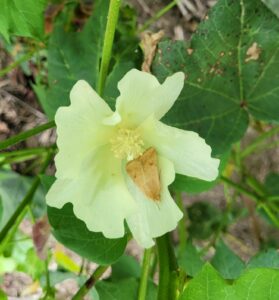
Triple gene cottons (Bollgard 3, Widestrike 3, Twinlink Plus) have a much more robust insect package that is centered on the Vip3a toxin that does most, if not all, of the heavy lifting in controlling bollworms. The threshold for 3 gene cotton is 4 or more larvae are present per 100 plants or 6% or more fruit injury is occurring. So far, the 3 gene cottons are holding up well in West TN; however, I have experienced break through infestations in triple gene cottons under severe drought stress or fields that are at or near cutout (NAWF <5). Bt expression is often negatively affected by environmental stressors and heavy worm infestations coupled with poorly expressing Bt cotton can equal unexpected damage. We still don’t need to spray on egg lay in triple gene cottons but if worms are surviving past a day or so in 3 gene cotton, an application may be necessary. Diamides (Vantacor, Besiege, Elevest) are still the best options for worm control. Orthene plus a pyrethroid is an option but residual efficacy is limited to 5-7 days and the potential for worms to rebound is a real risk.
Nutrient Management in Cotton During Drought Conditions
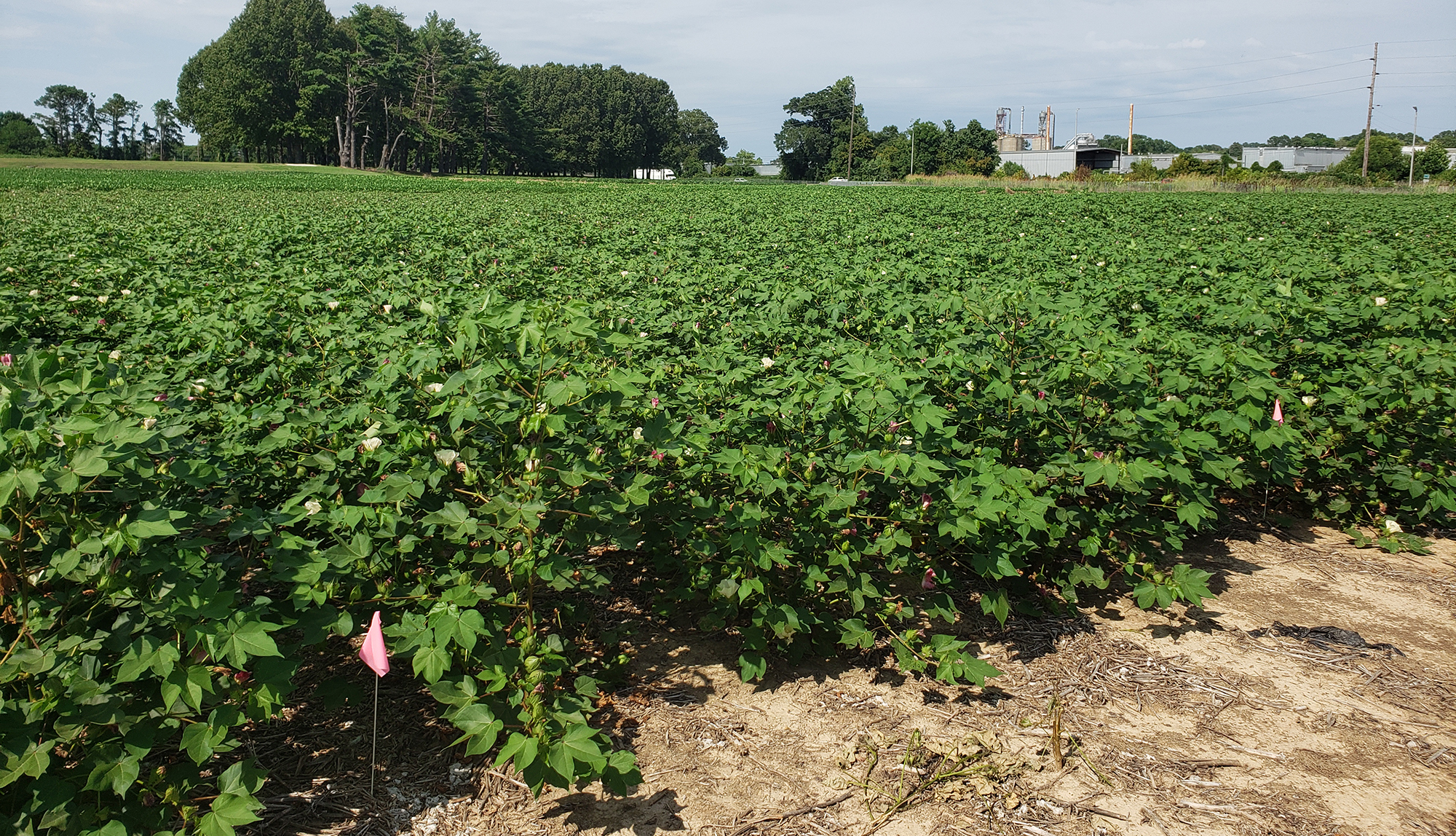 Due to the ongoing drought, I’ve recently received questions along the lines of, “how much N is still available after the prill sits on the soil surface without rain for 35 plus days?” and, “should I begin a foliar fertilizer regiment to meet plant N/K/S/B demands?” In this blog, I tackle both of these questions and share N response curves generated from Tennessee data over the past 5 years.
Due to the ongoing drought, I’ve recently received questions along the lines of, “how much N is still available after the prill sits on the soil surface without rain for 35 plus days?” and, “should I begin a foliar fertilizer regiment to meet plant N/K/S/B demands?” In this blog, I tackle both of these questions and share N response curves generated from Tennessee data over the past 5 years.
“I applied urea and it didn’t rain for a month. Will my cotton crop have the N required to make close to maximum yields?”
For growers that have applied 60-90 lb as urea, the simple answer is yes; the amount of soil nitrate released from the urea you applied will likely meet cotton N demand without additional N fertilizers given plant available water increases significantly in the coming week. Generally, if surface applied urea fertilizer is not incorporated into the soil, some of the N may be lost as ammonia into the atmosphere depending on weather, soil properties and management practices. Continue reading

